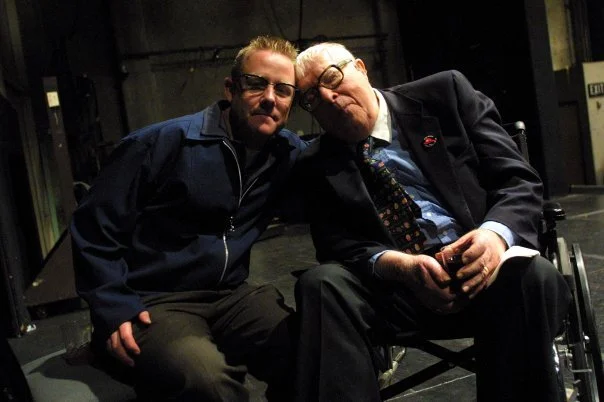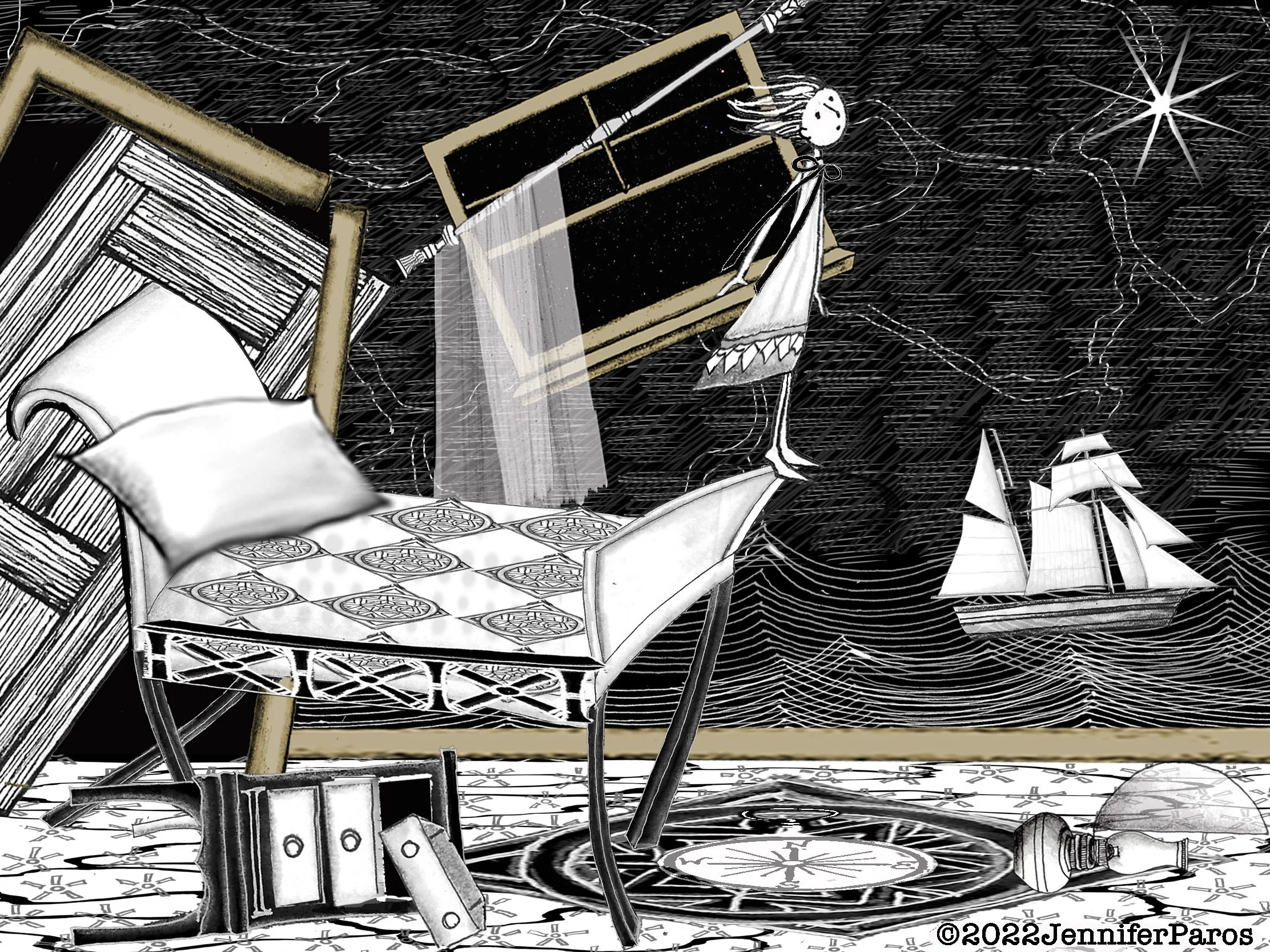So you want to write a short story. At first glance, it doesn’t seem that hard. It’s all about expressing the perfect mixture of description and setting, plot, and character just like a novel, albeit in a smaller form.
But say long form doesn’t interest you. You want to write a short story with a basic but gripping ascent to the climax before the action falls, everything resolves, and everyone lives happily ever after (or not). What is a structure you could follow? What are the terms you need to know to create a proper plot?
I submit Freytag’s Pyramid, the most common variation of the short story and longer forms of creative work. If you know anything about short stories, you might have seen graphs or pictures making a rudimentary pyramid, with the climax being the very top point and the rising and falling of the action making up its sides. This is Freytag’s Pyramid, even if you didn’t know it was called that.
Read More



















